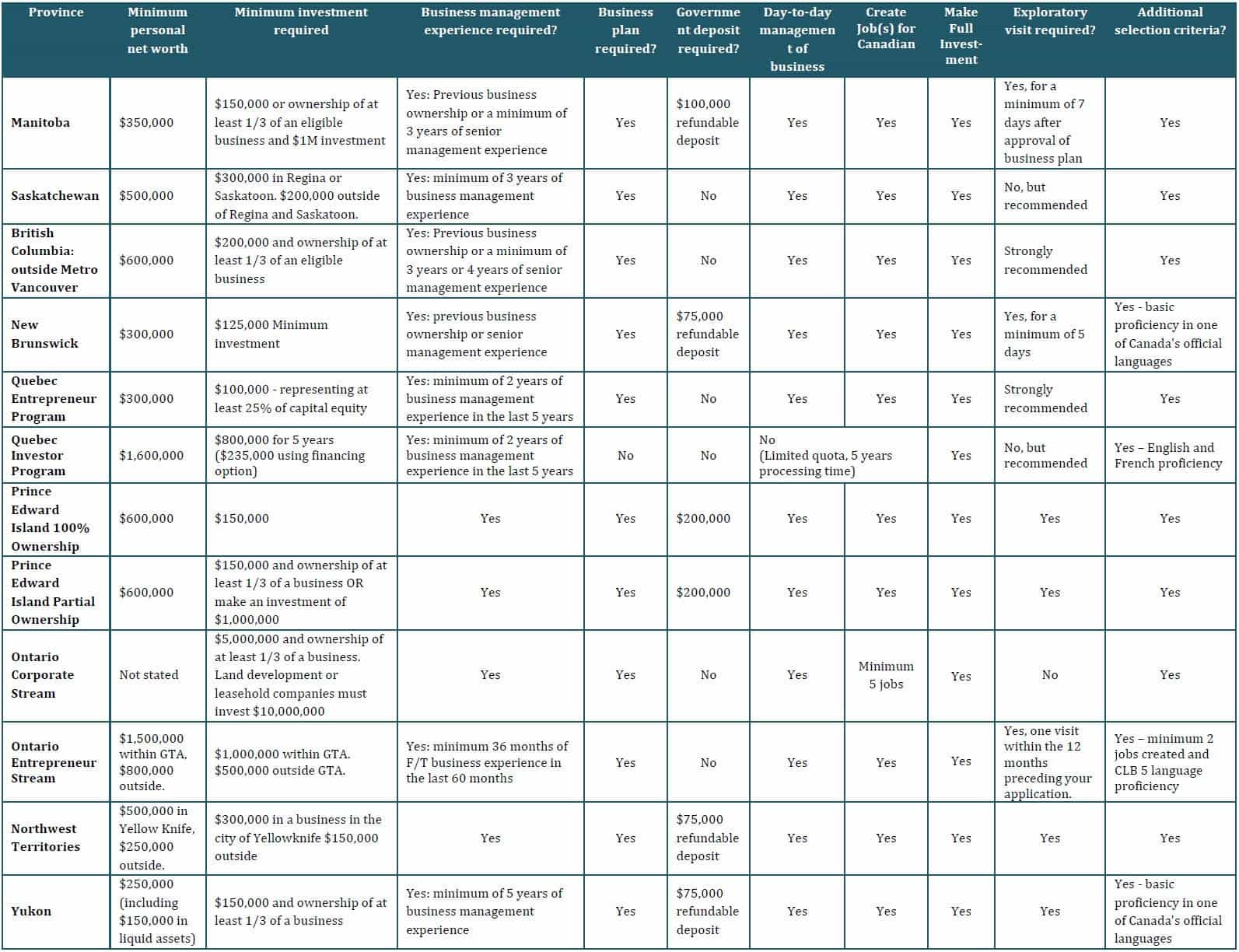Moose Jaw, Saskatchewan, unveils rural pathway to permanent residence
The city of Moose Jaw, Saskatchewan, has revealed its list of priority sectors and occupations for the Rural Community Immigration Pilot (RCIP).
The community is the final of 14 across Canada to roll out the program.
Assess your eligibility for the RCIP
The RCIP is an employer-driven pathway to permanent residence. To be eligible, a foreign national must have a job offer
from a designated employer;
in a qualifying occupation;
in a participating region;
recommended by the local economic development organization.
The foreign national must also meet the other eligibility criteria for the pilot.
The pilot was launched earlier this year to help employers in rural communities meet local labour market gaps.
What are Moose Jaw’s priority sectors for the RCIP?
The Moose Jaw & District Chamber of Commerce has announced the following as priority sectors for its RCIP:
Business, finance, and administration.
Sales and service.
Trades and transport.
Manufacturing and utilities.
Education, law and social, community and government services.
Only companies that do business in the priority sectors can be designated by the Moose Jaw RCIP to participate.
The community has added further restrictions to its priority sectors:
Gas stations (excluding truck stops) are excluded from participating in the RCIP.
Convenience stores are also excluded.
IT/ Web development is excluded.
Food service establishments with less than 10 full-time staff are limited to one community recommendation per calendar year, across all National Occupation Classification (NOC) codes.
Financial institutions with less than 10 full-time employees are limited to one community recommendation per calendar year, across all NOC codes.
Transport companies with less than 10 full-time employees are limited to one community recommendation per calendar year, across all NOC codes.
Applications awarded to TEER 5 applicants are capped at 25% per calendar year across all employers.
Employers are restricted to no more than three TEER 5 applications per intake period.
Moose Jaw’s priority occupations for the RCIP
Occupation NameNOC Code
Accounting technicians and bookkeepers12200
Administrative officers13100
Agricultural and fish products inspectors22111
Automotive and heavy truck and equipment parts installers and servicers74203
Automotive Service Technicians, Mechanical Repairers72410
Banking, insurance, and other financial clerks14201
Carpenters72310
Construction trades helpers and labourers75110
Cooks63200
Early childhood educators and assistants42202
Estheticians, electrologists and related occupations63211
Food counter attendants, kitchen helpers and related support occupations65201
Food service supervisors62020
General building maintenance workers and building superintendents73201
Heavy-duty equipment mechanics72401
Home support workers, caregivers and related occupations44101
Hotel front desk clerks64314
Janitors, caretakers, and heavy duty cleaners65312
Light duty cleaners65310
Material handlers75101
Nurse aides, orderlies and patient service associates33102
Retail salespersons and visual merchandisers64100
Social and community service workers42201
Supervisors, food and beverage processing92012
Welders and related machine operators72106
Moose Jaw has not publicly announced its list of designated employers as of time of writing.
What is the significance of priority sectors and occupations for the RCIP?
Only candidates who work in a priority sector and a priority NOC code occupation can be recommended by the community for endorsement. If a candidate works in a priority occupation, but for an employer outside of a priority sector, they are not eligible under the Moose Jaw RCIP.
The employer in the priority sector must also be designated by the local economic development organization.
Apart from getting a genuine job offer in a priority occupation and sector, candidates have to meet other criteria to be eligible for the RCIP. These are:
Have at least one year (or 1,560 hours) of related work experience in the past three years, or have graduated from an eligible post-secondary school in the community.
Meet English or French language proficiency requirements (it ranges between Canadian Language Benchmark 4 – 6, depending on the job offer’s NOC code), attested to by valid language test results from the past two years.
Canadian secondary school diploma or post-secondary certificate, diploma, or degree (or foreign equivalent).
Have enough money to support themselves and their families through the settlement process. The amount of settlement funds needed can be viewed here.
If a candidate meets all the necessary criteria, the employer will then send their recommendation to the community for review during an intake period. The community will verify if the job offer and the candidate meet the necessary requirements before recommending the application.
Once a foreign national has a recommended job offer in hand, they can apply to the federal government for permanent residence under the RCIP.
They are also eligible for a work permit so they can begin working for their employer while their PR application is being processed.















